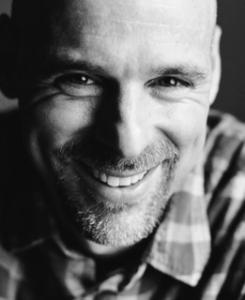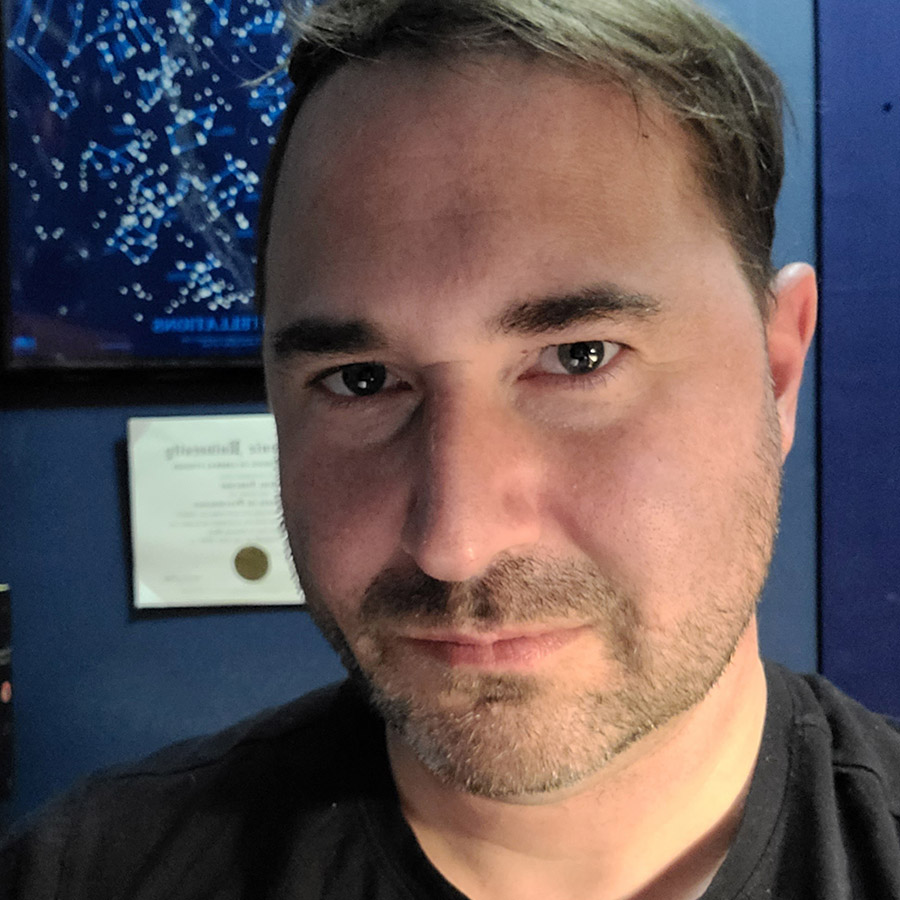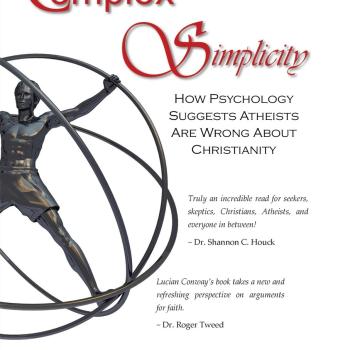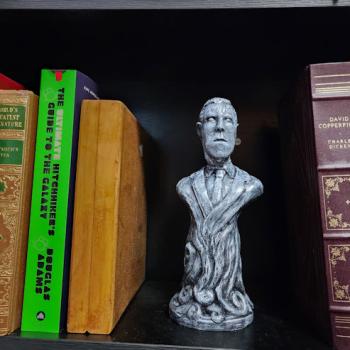
As a column that discusses the process of religious conversion and deconversion, this space will occasionally feature the stories of individuals who have either dramatically entered or exited the Christian faith. This is one such story.
Bart Campolo grew up on the shadow of his father, Tony Campolo, a world-renowned evangelist, author and Christian sociologist. This being so, Bart was immersed in the Christian environment wherein practically everyone he knew was Christian. This was difficult for Bart, who never found the idea of God terribly convincing. To him, everyone around him seemed somewhat phony, and the Bible stories he heard were strange and unconvincing at best.
Despite all this, Bart eventually became a Christian as a teenager. At this time, a teammate of his from his high school football team convinced him to attend the youth group at a local mega church. The youth event was initially overwhelming – with hundreds of youth in attendance, a rock band and a laser light show to accompany the music. What impressed Bart at the time was the energy and the palpable love these teenagers seemed to have for one another. This environment of people who were caring and genuine was the deciding factor in Bart’s conversion. He wanted to be included in this community, and wanted to feel what they felt.
Having grown up surrounded by Christians, Bart was easily able to mingle with this group, knowing all of the right things to say in order to fake a Christian façade. It was during a youth retreat while participating in a worship experience that Bart felt a moment of particular exultation, and knew he was truly in the presence of God. This, for him, was the moment of conversion. In retrospect, Bart still feels like this was a transcendent experience, but no different than a very intense rock concert or a drug trip. However, it was this sense of feeling his faith and God’s presence that was the moving factor in Bart’s faith. Both Bart and his father Tony have expressed several times in their writing that they knew God was real because they felt Him. And it was this sense of feeling God that kept both deeply convicted of their beliefs.
Bart talks about his youth growing up – now a Christian – that whenever he had questions about some difficulties he found in the Bible, his youth minister would tell him that the Holy Spirit would make these things clear to him, and that the Bible is foolishness to those that don’t believe, and that these things only made sense from within the Christian through faith.
After conversion, Bart became involved in inner city missions. He also worked shoulder-to-shoulder with his famous father as a colleague in advancing the Christian faith. However, Bart’s encounters with the poverty and need in the inner city moved and convicted him over the 30 years that he worked with this community. But in that 30 years, Bart’s commitment to helping the needs of the inner-city residents brought him nothing but distress. Further, the constant need and suffering around him gradually convinced Bart that there could be no God who cared and was active within the world he saw.
The many prayers that Bart and his fellow Christian laborers offered regularly on behalf of the community they served went unanswered, and this silence from the heavens continued to build a sense of cynicism and skepticism in the young man. Bart describes changing his entire theology something like 87 times in an attempt to remain a Christian. However, through this process of constantly finding new and contradictory interpretations of scripture and belief, Bart realized that one could use Christianity to justify anything. But if Christianity could be made to say anything, it ultimately says nothing. By this, Bart realized that the God he believed in was an invention of his own rationalizations – having bent God to agree with what he already believed.
At one point on this journey, Bart was involved in a bicycle accident. He was rendered unconscious and had to be hospitalized. When he eventually awoke, Bart realized that this life was all that there was, and that he only had one chance. He was convicted by this experience that when he ultimately died, he would entirely cease to be.
A lot of people were sad and let down when Campolo lost his faith, feeling betrayed on account of his famous father. Further, his loss of faith found him separated from the friends and family to whom he had once been so close.
Now, Bart is a committed Humanist advocate and speaker, and serves as a Humanist chaplain working largely with young adults. Despite his loss of faith, Bart assures that he is not interested in deconverting others. Says Bart:
“What I’m most concerned about with other people is what works, what causes them to thrive, what causes them to flourish …Sometimes a Christian kid will come to talk with me about their faith. And they’ll say ‘I’m struggling with Christianity,’ and it will be some kind of minor thing. And I’ll try to sort of give them an Apologetic argument. And sometimes they’ll look at me and say, ‘Well why are you trying to help me stay a Christian? You don’t even think it’s true!’ and I’ll say, ‘No but you do. And your family does, and your girlfriend does, and it works for you. And it’s causing you to become a better person.’ So for me, I’m not at all interested in undermining anybody’s faith just for the fun of it, or just because I don’t think it’s true. The only people I want to sort of draw into my Humanist world are the people who are struggling.”
However, Bart is not particularly impressed with Christian Apologetics. Say’s he, “I don’t find the idea that you can talk someone into faith very convincing.”
In the film and associated book Leaving my Father’s Faith, Bart is shown in conversation with his famous father, Tony Campolo. Bart describes himself not as a heretic, liberal, or even non-Christian; but rather, as being post-Christian.
Tony, understandably, took the revelation of his son’s unbelief to be a very negative experience – but was able, with his wife’s help, to reconcile that his son was still a good man, and a loving and caring person, even if he no longer called himself a Christian. Convinced as he was that this life was all people had, Bart continued his work serving and loving others, believing that this was the only way to make the most of the one life that he had to live. Because of his continued commitment to others, his friends and family were surprised to see that his mission and behavior changed very little from when he was a Christian.













